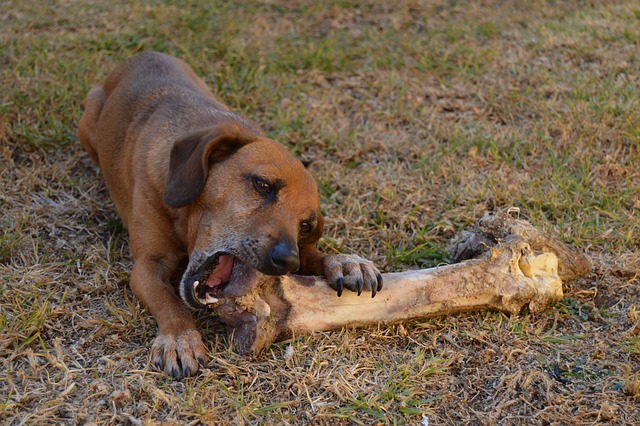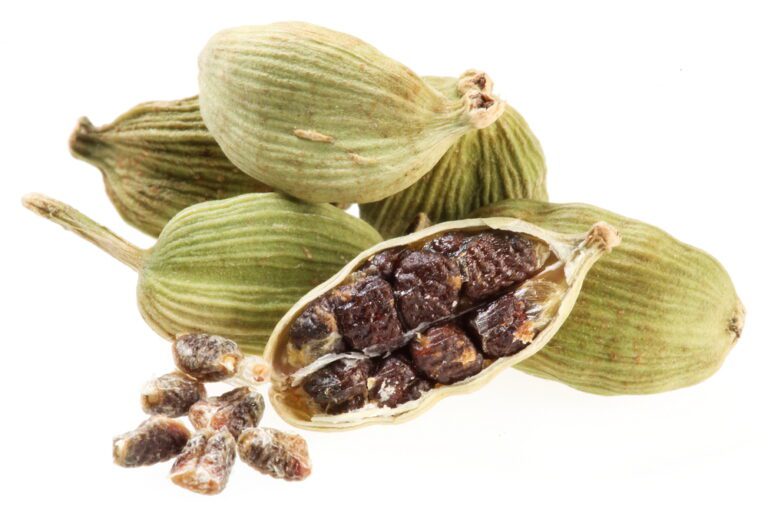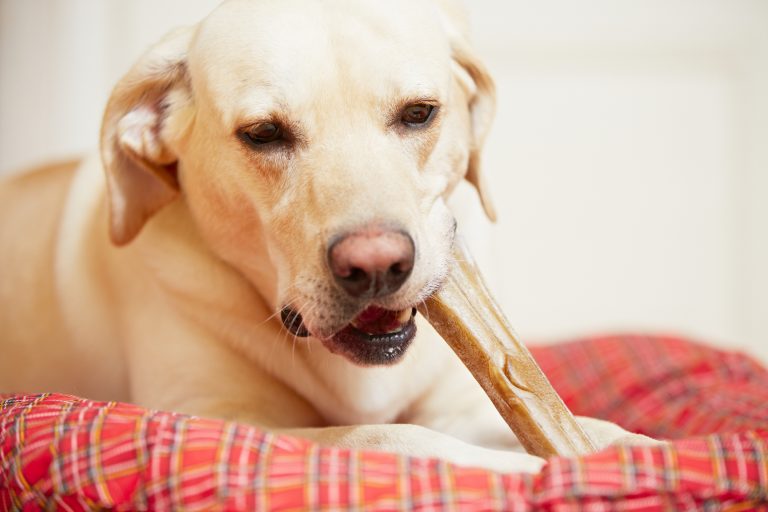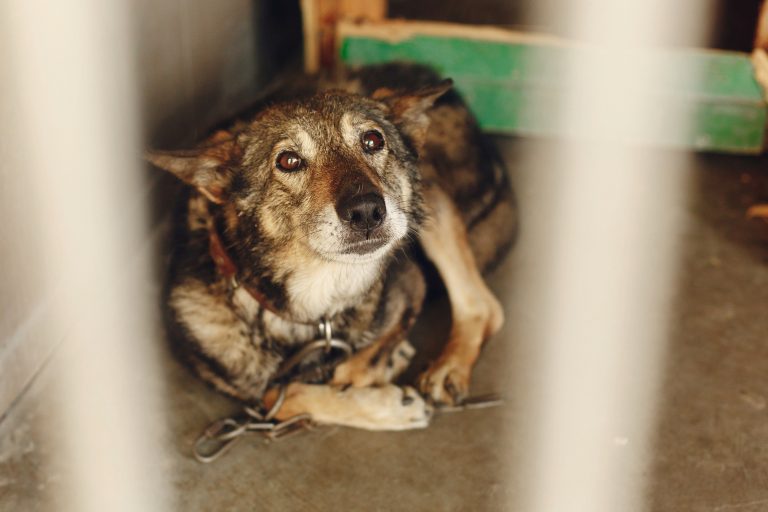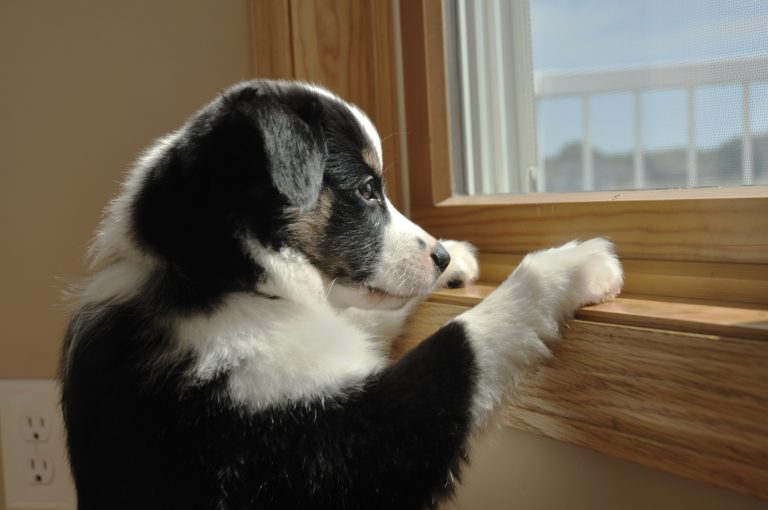Can Dogs Eat Chicken Bones?
You may be wondering can dogs eat chicken bones as you may have heard that such bones are dangerous for your fur babies, but is that really the case? The answer may surprise you. Learn what’s safe (and unsafe) for your pup to eat when it comes to chicken bones.
It is a common misconception that dogs cannot safely consume chicken bones due to the danger of them splintering and causing an intestinal blockage.
In truth, not all chicken bones are potentially hazardous for your furry family member though there are certain precautions you should take before feeding cooked poultry bones to your pup. Read on as we examine whether or not it’s okay for dogs to have chicken bones and explore how best to ensure they stay safe while snacking!
What are chicken bones made of and what nutritional value do they have for dogs?
Chicken bones, like all other animal bones, contain collagen. Collagen is an abundant protein that is naturally found in the body and is responsible for providing structure and strength to tissues. It’s also high in amino acids, which help support muscle growth and repair. However, when raw chicken bones are cooked, their collagen structure breaks down and becomes more brittle.
This makes them easier to break into pieces and therefore more dangerous for dogs to consume as there is a higher risk of choking or puncturing the intestines not to mention the fact that cooked chicken bones can splinter easily, causing further damage if swallowed.
Raw chicken bones contain calcium and phosphorus, both of which are essential minerals for maintaining healthy teeth and bones. Additionally, raw chicken carcasses contain cartilage which provides glucosamine a compound that helps improve joint health in dogs. However, it’s important to note that these nutrients only exist in raw chicken bones; once cooked, they become too brittle to be beneficial nutritionally speaking.
3 common risks associated with giving your dog chicken bones
Generally, there are 3 common risks associated with giving chicken bones to your dogs.
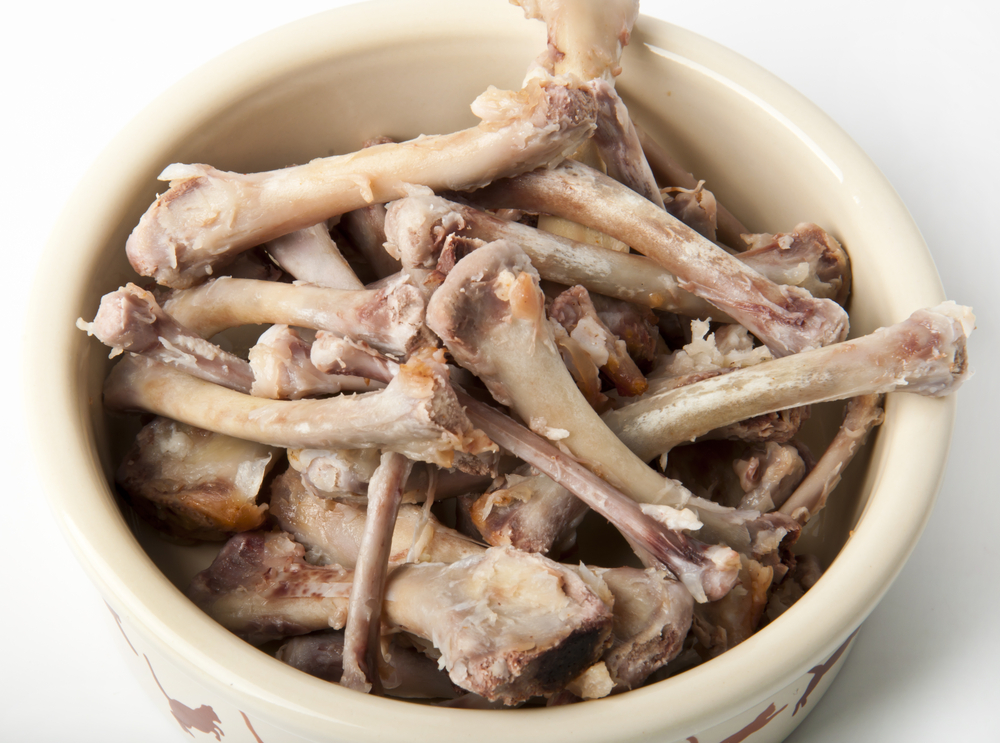

1: Choking Hazard
The biggest danger in handing your pup a chicken bone is the risk of choking. Even if you buy bones from the store or have cooked them yourself, they can still splinter into small pieces that can obstruct your dog’s airway or cause internal damage if swallowed. If you notice any signs of choking, such as gagging, coughing, or difficulty breathing after your dog had consumed such bones, seek veterinary attention immediately.
2: Internal Damage
The sharp edges of chicken bones can cause internal damage to your pet if swallowed whole or in large pieces. These jagged edges can cut or puncture vital organs like the intestines, stomach, and esophagus leading to pain and even death in extreme cases. This is why it’s important to monitor your pet when they are chewing on a bone and take it away once it’s small enough to be swallowed whole.
3: Gastrointestinal Blockage
Another major risk associated with giving your pup a chicken bone is the possibility of obstruction of their gastrointestinal tract caused by swallowed pieces that are too large for digestion. If left untreated this blockage can lead to serious health concerns including infection and organ failure – so keep an eye out for any signs of digestive discomfort such as lethargy, vomiting, diarrhea, fever, loss of appetite, etc., and consult with your vet if necessary.
How to feed chicken bones to a dog?
The best way to feed chicken bones to your pup is by offering them raw, uncooked carcasses. These bones are soft enough for the dog’s teeth and jaws to break down easily while still providing all of the nutritional benefits associated with raw poultry. They are much less likely to splinter or shatter, making them a safer option for your pup.
However, you have to ensure that you’ve washed the bones clean as raw bones might contain salmonella that can cause your dog to fall sick.
You can also consider feeding your pup chicken feet, necks, or wings. These smaller bones are easier to digest and do not contain as many sharp edges or splintering potential as larger bones do. Plus they are rich in calcium, phosphorus, and other essential minerals for canine health.
Be sure to supervise your pup while they chew on the bone and take it away once it’s small enough to be swallowed whole. This will help you quickly remove any pieces that are too large or sharp so they won’t cause any harm and allow you to monitor your pup’s chewing habits.
Alternative treats that your dog can enjoy safely
Luckily, there are plenty of alternative treats available for dogs that won’t just fill their bellies but also keep them healthy. Some ideas include:
1: Fruit and Veggies
Fruit and vegetables make great snacks for dogs because they’re full of nutrients like vitamins and minerals. Apples are an especially popular option because the crunchy texture helps clean your dog’s teeth while providing a dose of vitamin C.
Other good options include blueberries, carrots, broccoli, sweet potatoes, and squash – all in moderation. However, as with any food item you give your pet, always check with your veterinarian before introducing it into their diet.
2: Yogurt
Yogurt is a great source of protein for dogs plus it’s rich in probiotics that help support their digestive health. Just make sure to opt for plain yogurt (no added sugar!) or even Greek yogurt if you’d like to give them an extra boost of protein. You can also add some fresh fruit or honey to the yogurt to make it more appealing to your pup.
3: Cheese
Cheese is another great source of protein that most dogs love. However, it is high in fat so it should only be given in moderation as an occasional treat. The best type of cheese to give your pup is low-fat cottage cheese.
4: Baked sweet potato chews
If your pup loves the taste of chicken but you want to steer away from giving those bones, sweet potatoes are a great option. They are packed with vitamins and minerals and make a delicious snack for dogs. You can bake them in the oven at a low temperature until they’re dry and crunchy.
5: Crunchy dog biscuits
If your pup is a fan of crunchy snacks, dog biscuits are another great option. Look for ones made with natural ingredients like oats, brown rice flour, and honey. You can also find special grain-free and gluten-free options if your puppy has allergies or sensitivities to certain foods.


6: Uncooked, unsalted nuts
Most dogs love the crunchy texture of nuts, and they are full of healthy fats and proteins. However, some types of nuts can be dangerous for Fido if eaten in large quantities, so it’s best to give them in moderation as a treat. The best type of nut to feed your pup is an uncooked, unsalted variety, like cashews or peanuts.
These alternatives are much safer and can provide your pup with a nutritious snack without any of the risks associated with chicken bones.
How to properly dispose of chicken bones so that your dog can’t get to them?
The most important thing is to make sure that the chicken bones are disposed of quickly and safely. Here are some tips on how to do that:
1: Put them in a sealed container before disposing
Make sure the container is secure and won’t easily open if your pup decides to go rooting around in the trash can. This could be a plastic bag tied tightly or a sealed Tupperware container. It’s also best to put this container out of reach in case your pup finds a way in there.
2: Compost or bury them
If you have compost or an area where you can bury things, this is an excellent way of disposing of chicken bones safely. It’s also beneficial for your garden or yard.
3: Take advantage of pet waste removal services
Some cities offer pet waste removal services that will pick up any food scraps (including chicken bones) from your yard and dispose of it properly for you. This option is great if you don’t want to worry about dealing with the disposal yourself but want peace of mind knowing that it’s being done right.
What should you do if your dog has eaten chicken bones and is displaying symptoms of poisoning?
If your pup has eaten chicken bones and is displaying symptoms such as vomiting, diarrhea, lethargy, or fever, contact your vet immediately.
FAQs to Can Dogs Eat Chicken Bones
You should have found your answers to whether can dogs eat chicken bones but just in case you may have other questions about this topic, below are some related questions dog owners frequently asked:
Final Thoughts to “Can Dogs Eat Chicken Bones?”


While chickens do provide some nutritional benefit when consumed raw by dogs, cooked chicken bones can be extremely dangerous due to their brittleness and potential to splinter when swallowed. For this reason it’s best to avoid feeding your pup any form of cooked chicken bone as a treat or snack.
There are plenty of healthy and delicious snacks available that will make sure your pup is still having fun while keeping their tummy safe. If you think your dog has eaten a chicken bone and is displaying symptoms of poisoning, it is important to contact your vet immediately.

